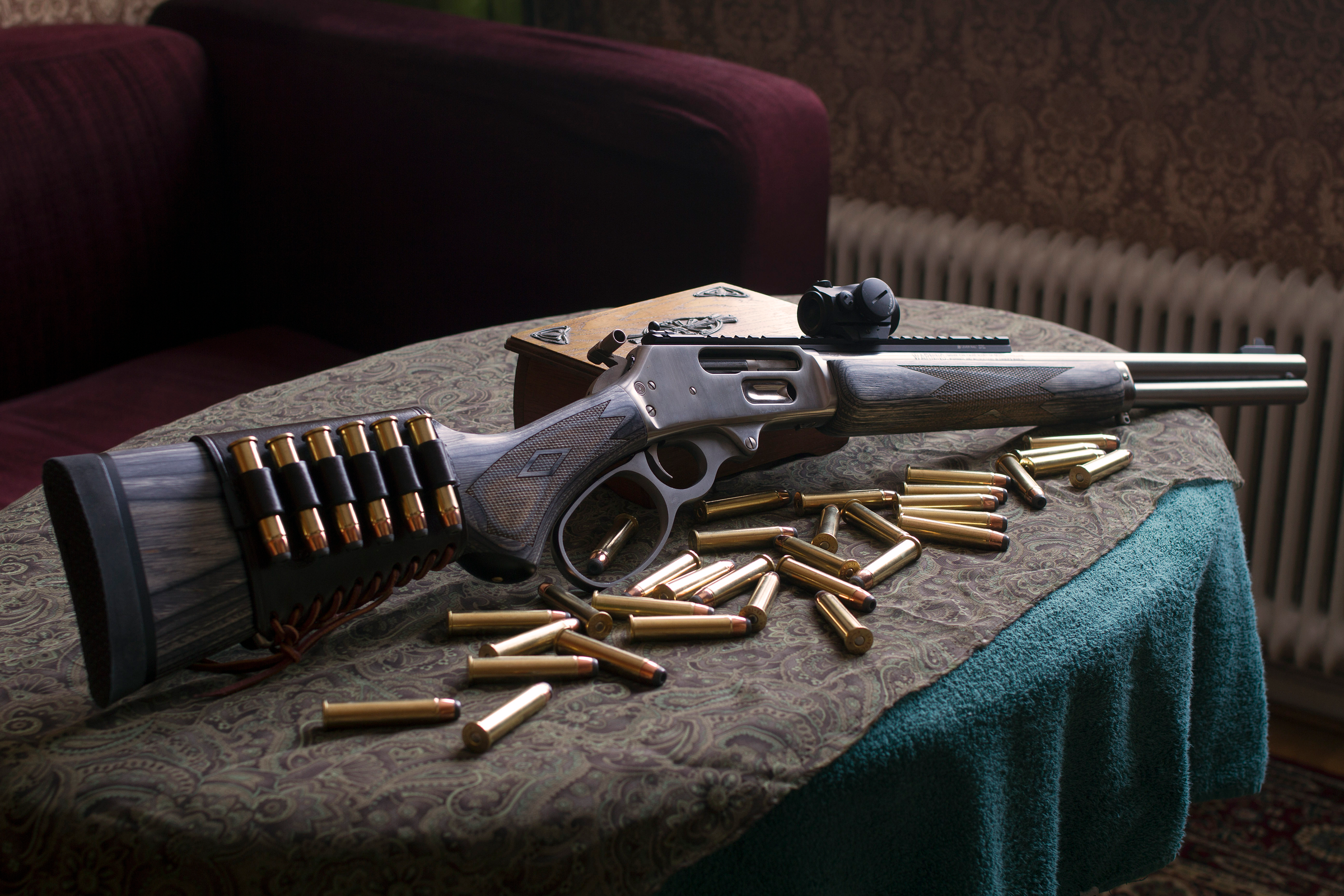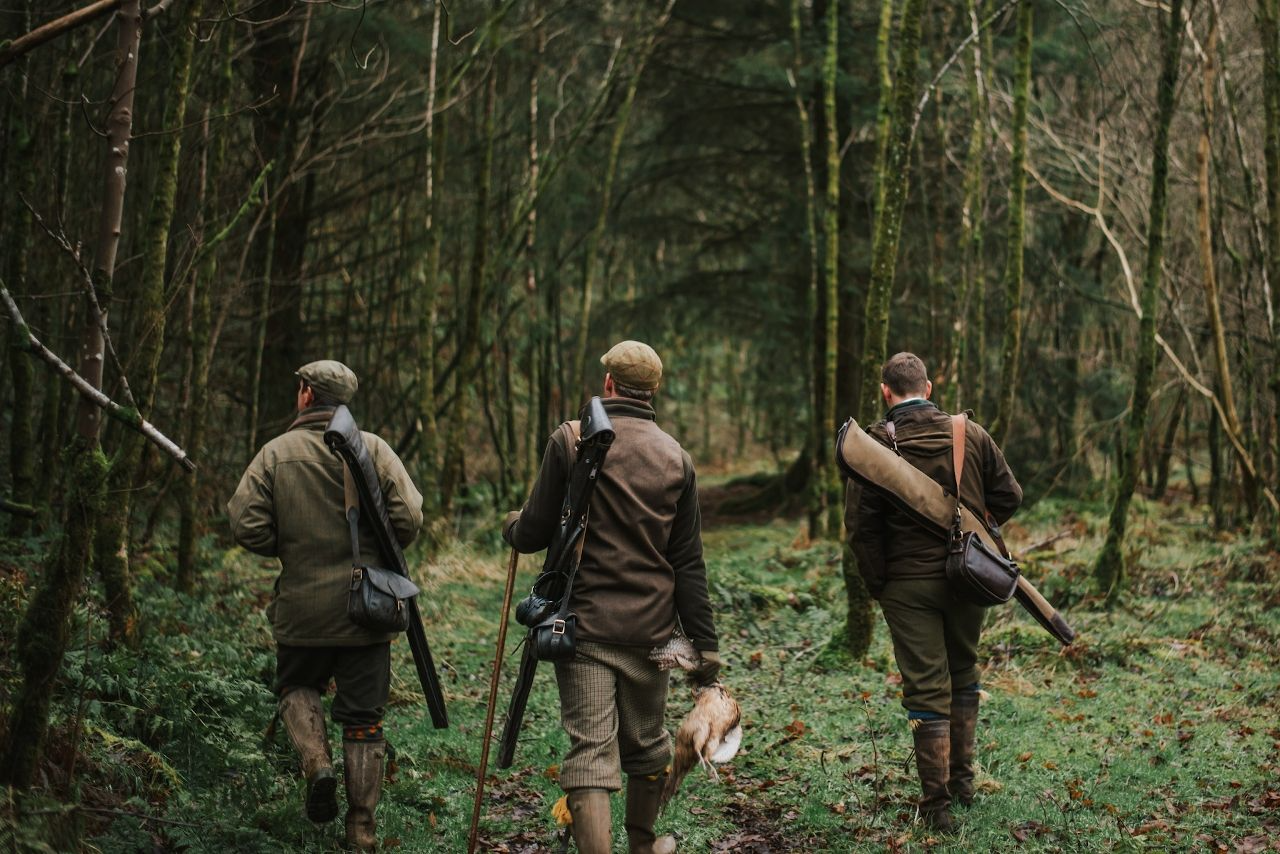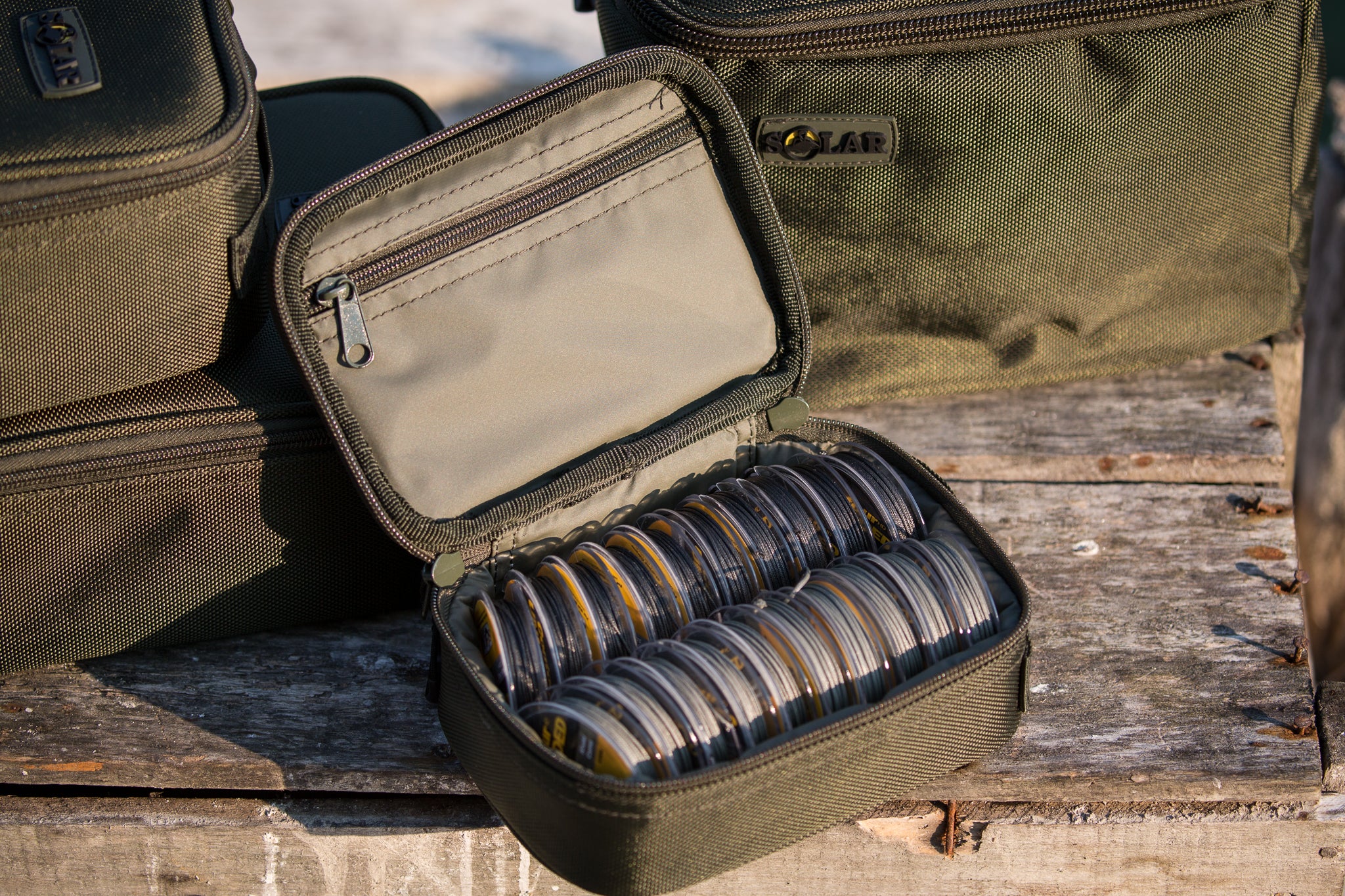Choosing the Right Optics: Scopes and Binoculars Explained
When it comes to hunting, birdwatching, or outdoor adventures, the right optics can make all the difference. Scopes and binoculars may seem similar, but they serve distinct purposes—and choosing the wrong one can limit your visibility and overall experience. Whether you’re a hunter tracking game at dawn or a traveler spotting wildlife on safari, understanding the differences between scopes and binoculars helps you make the best investment.
Choosing the Right Optics: Scopes and Binoculars Explained
Scopes: Precision at a Distance
Scopes are designed to magnify a specific target, making them ideal for hunting, shooting sports, and precision spotting.
Advantages of Scopes:
-
High Magnification: Perfect for long-range targets.
-
Accuracy: Crosshairs or reticles allow for precise aiming.
-
Stability: Mounted on rifles or tripods for steady viewing.
Best Uses:
-
Hunting game from long distances.
-
Tactical shooting or target practice.
-
Spotting fine details, like antlers or specific markings.
Scopes turn your focus to a single objective, offering clarity and precision where accuracy matters most.
Binoculars: Versatility in Both Eyes
Binoculars provide a wider field of view and use both eyes, making them more comfortable for extended use.
Advantages of Binoculars:
-
Wide Field of View: Great for scanning large landscapes.
-
Portability: Easy to carry and quick to use.
-
Comfort: Less eye strain during long observation periods.
Best Uses:
-
Birdwatching and wildlife observation.
-
Scouting terrain before hunting.
-
Hiking, traveling, or outdoor adventures.
Binoculars excel when you need to survey your surroundings quickly and comfortably.
Scopes vs. Binoculars: Which Should You Choose?
The choice depends on your purpose:
-
For hunters: Use binoculars to scan wide areas, then switch to a scope for precise targeting.
-
For birdwatchers: Binoculars are the go-to, since birds move fast and often in flocks.
-
For outdoor adventurers: Binoculars provide flexibility, while a spotting scope might be useful for distant landscapes.
In many cases, a combination of both offers the best results.

Key Features to Consider When Buying Optics
No matter which you choose, pay attention to these features:
-
Magnification Power (8x, 10x, or more depending on need).
-
Lens Quality & Coating for brightness and clarity.
-
Field of View (wider is better for moving targets).
-
Weight & Portability if you’ll carry it for hours.
-
Durability: Waterproof, fog-proof, and shockproof models last longer outdoors.
Final Thought
Scopes and binoculars both have unique advantages, and the right choice depends on your activity. Hunters often carry both for flexibility, birdwatchers stick to binoculars, and precision shooters rely on scopes. By focusing on purpose, quality, and comfort, you’ll invest in optics that enhance every outdoor experience.























